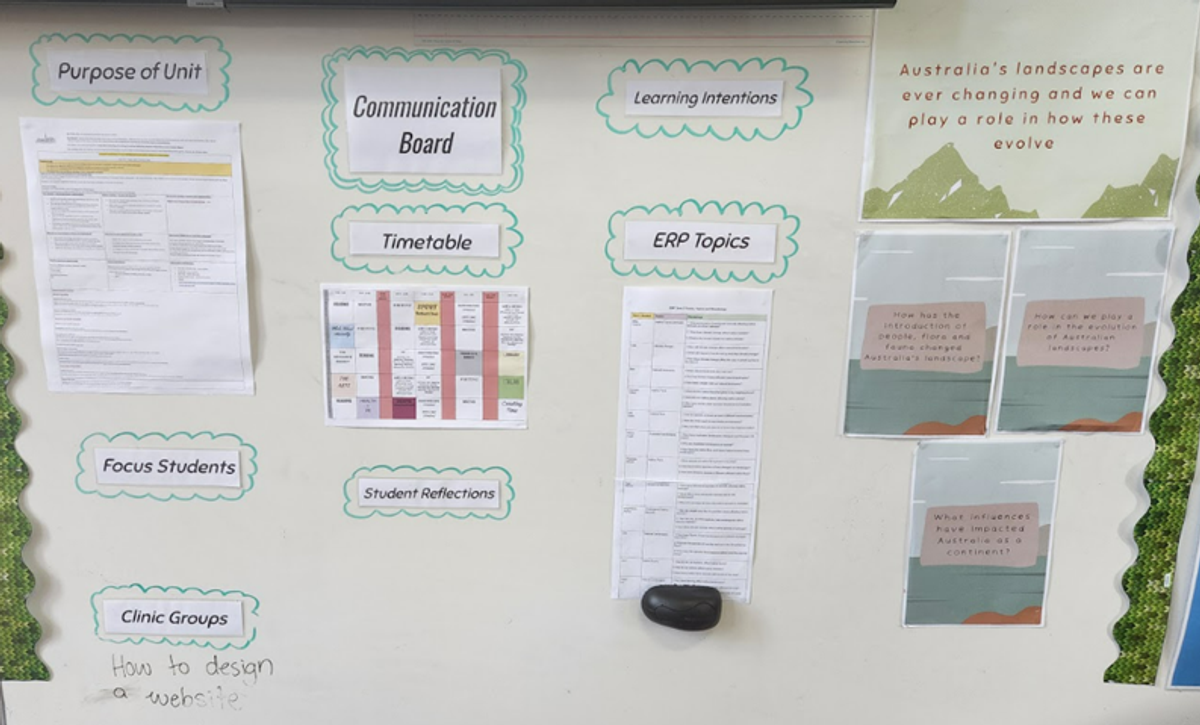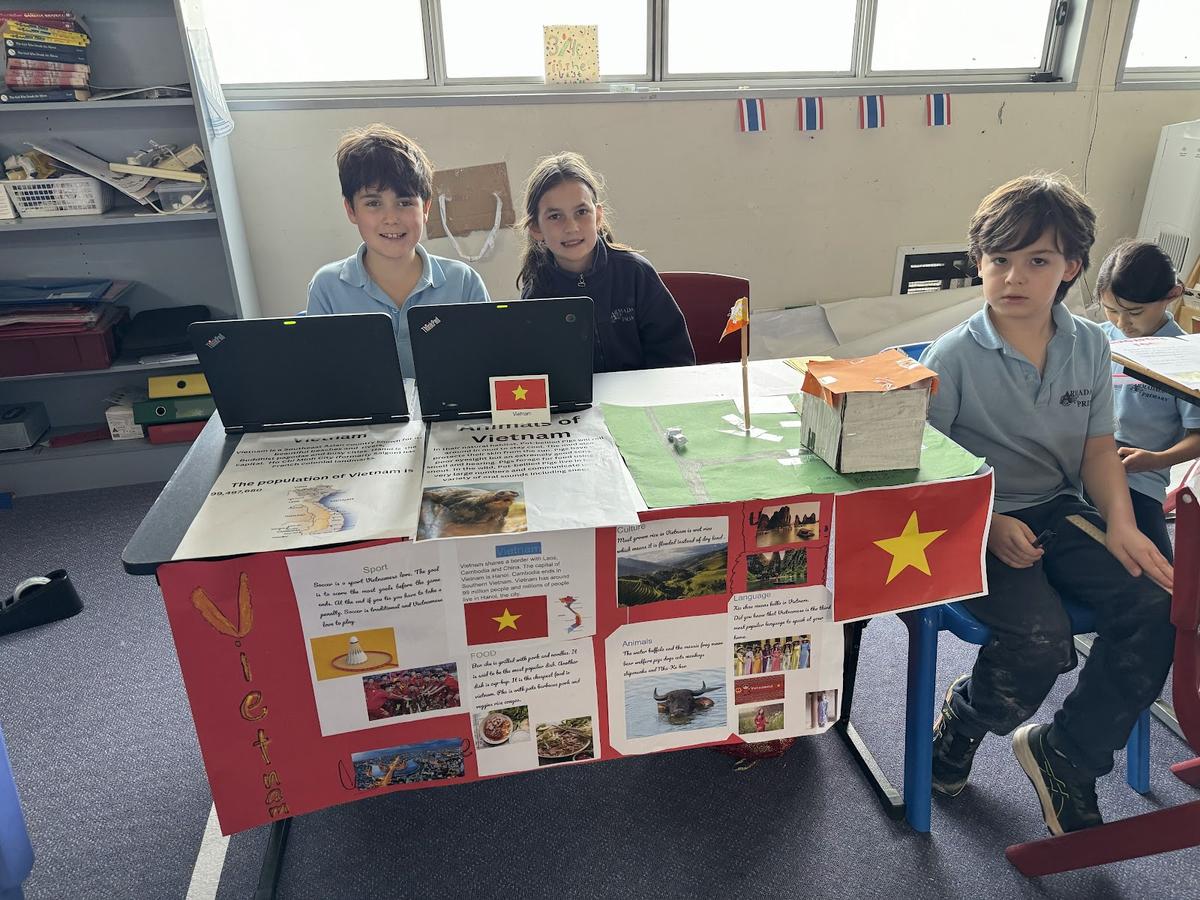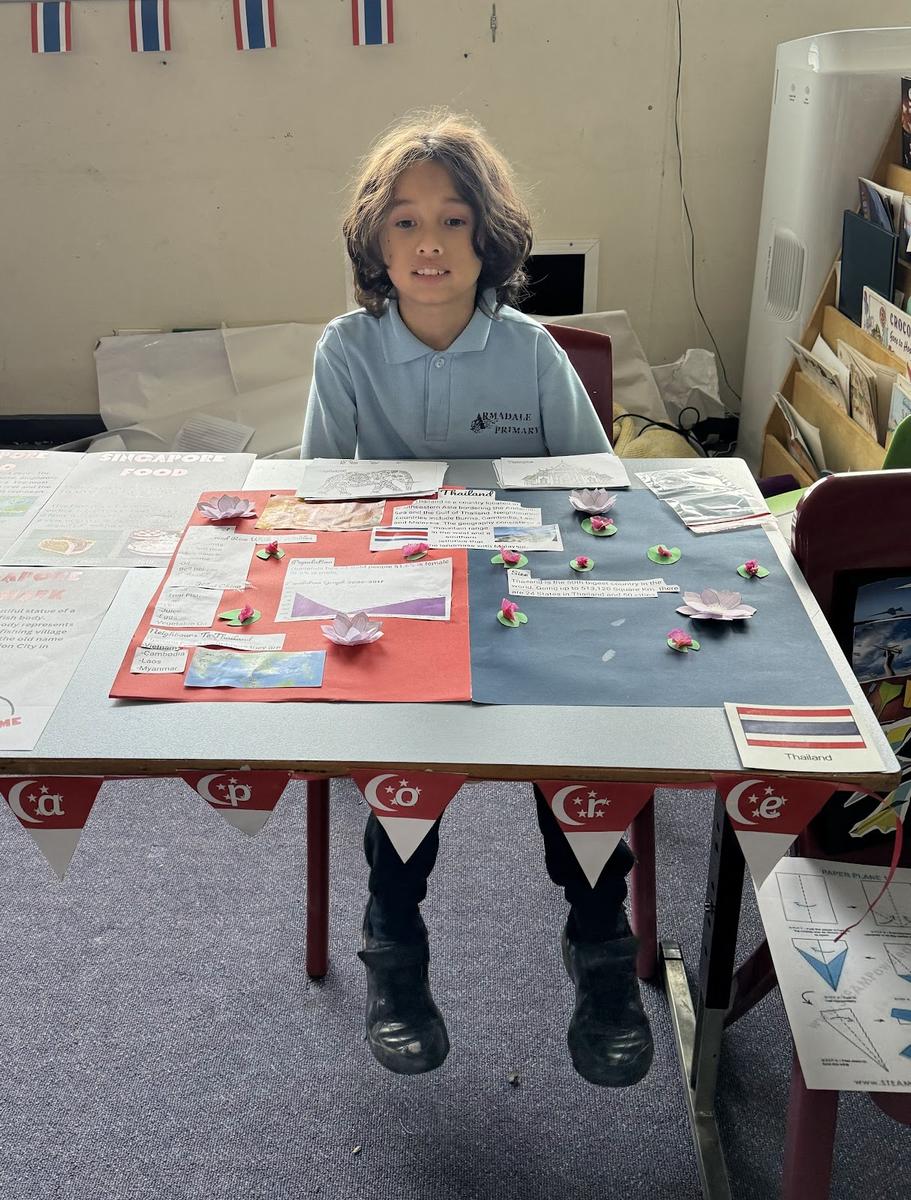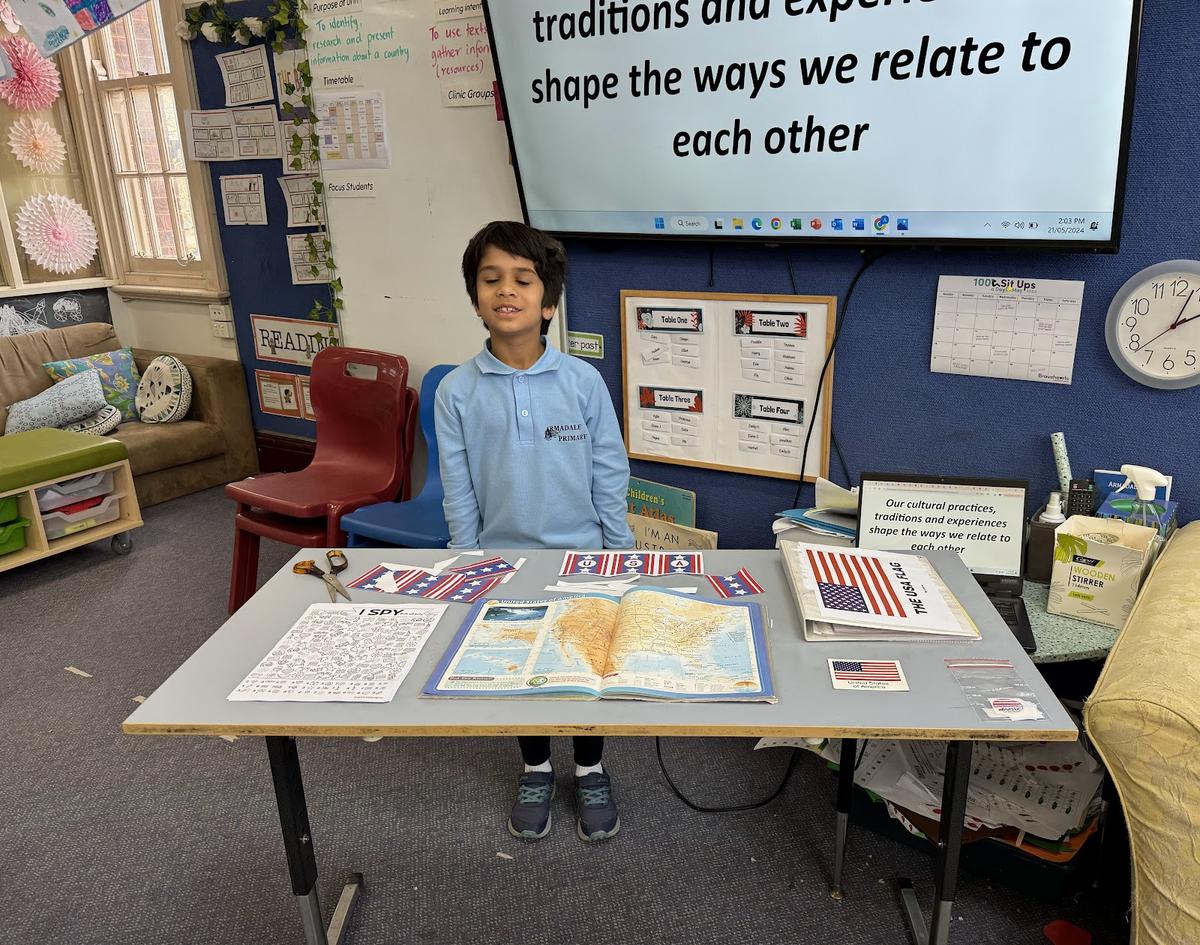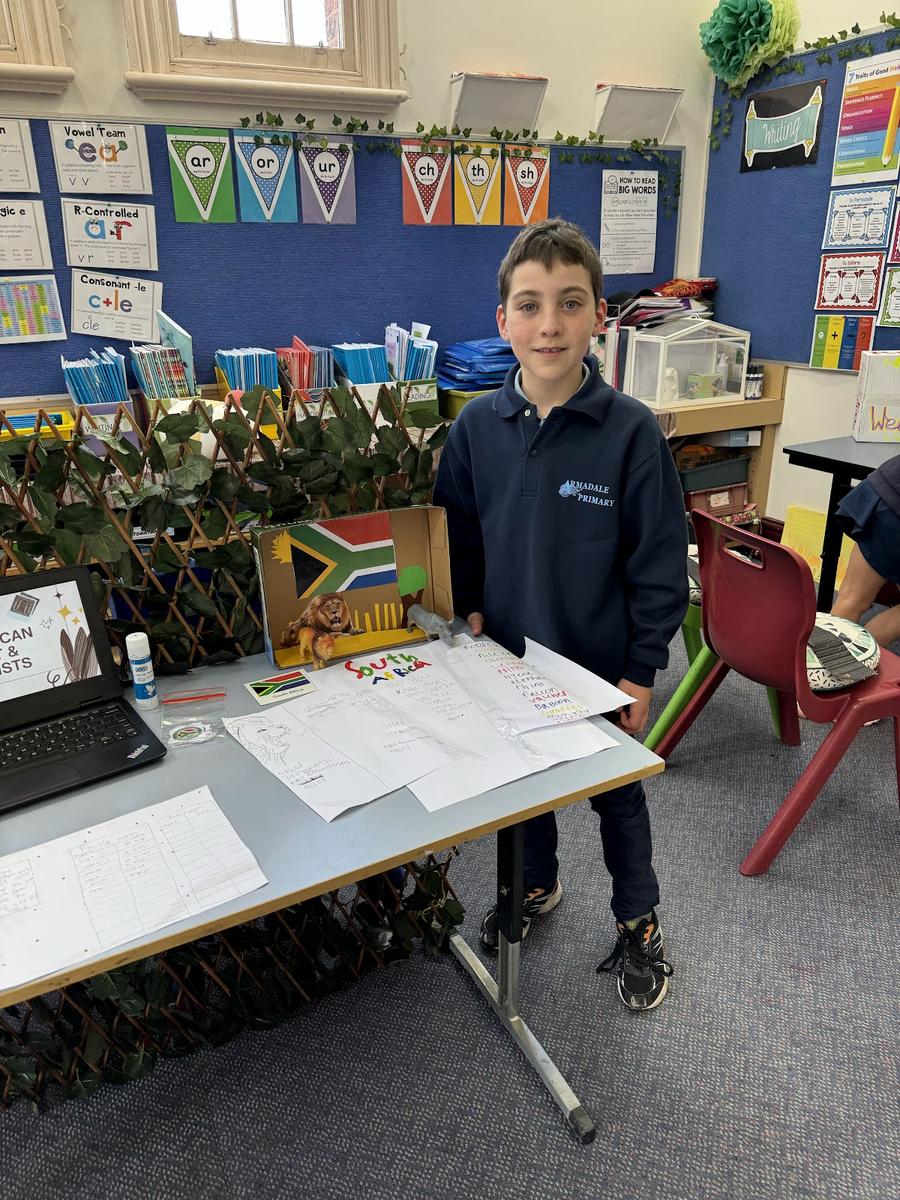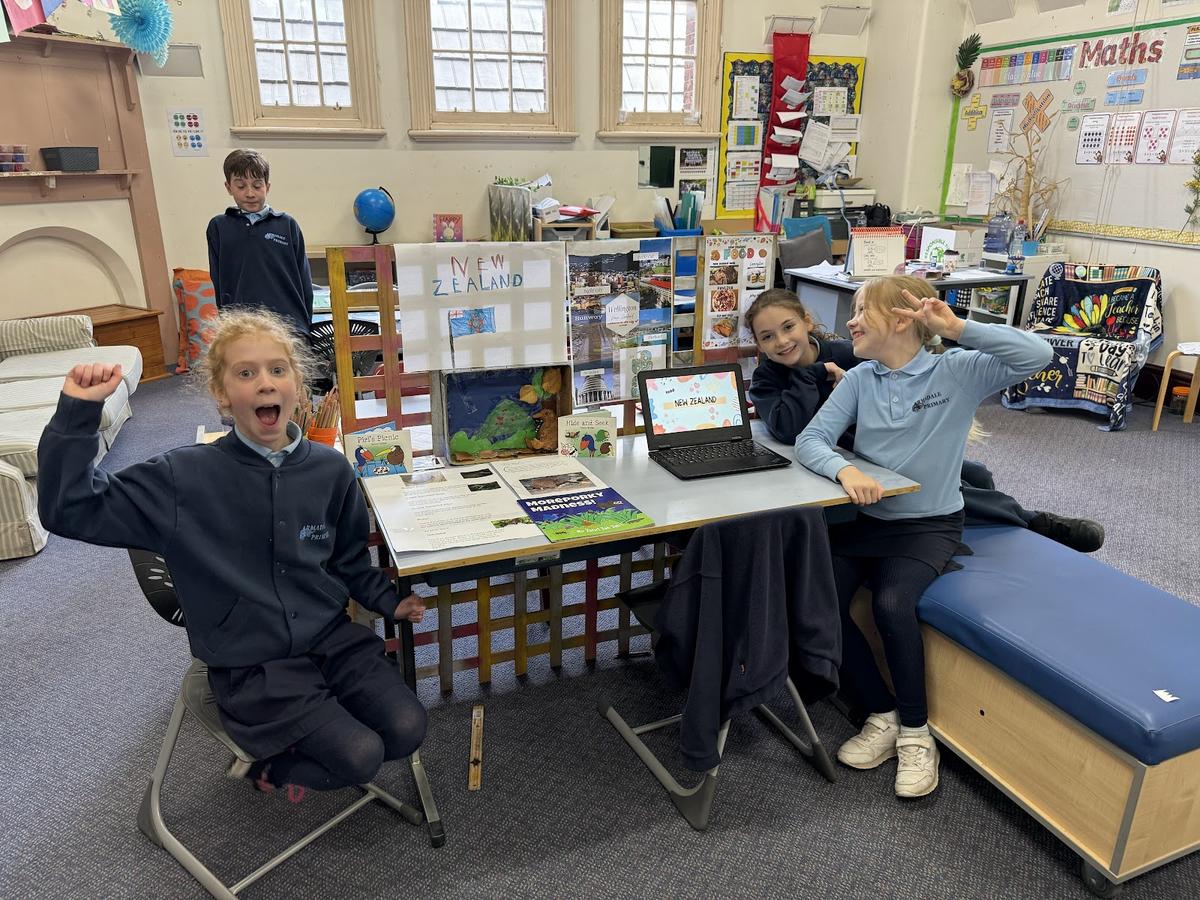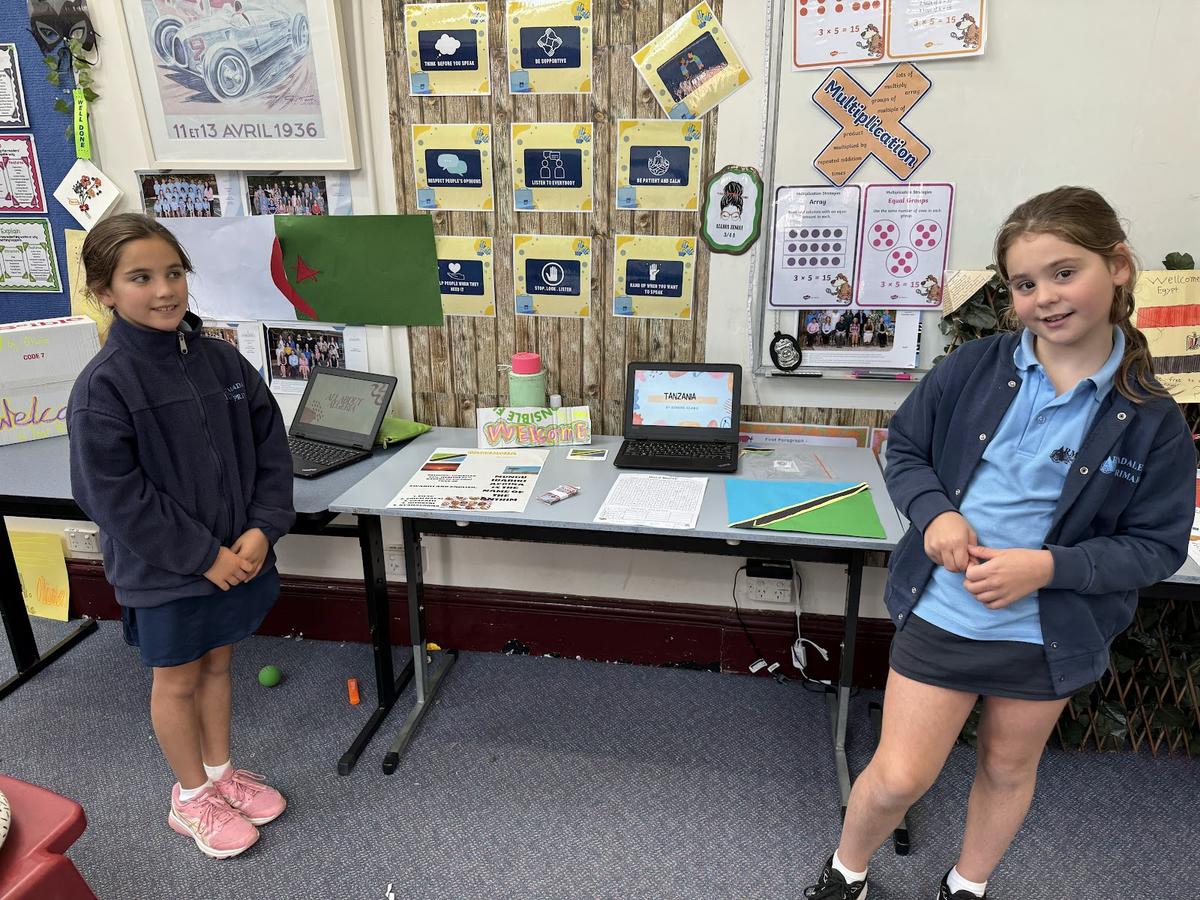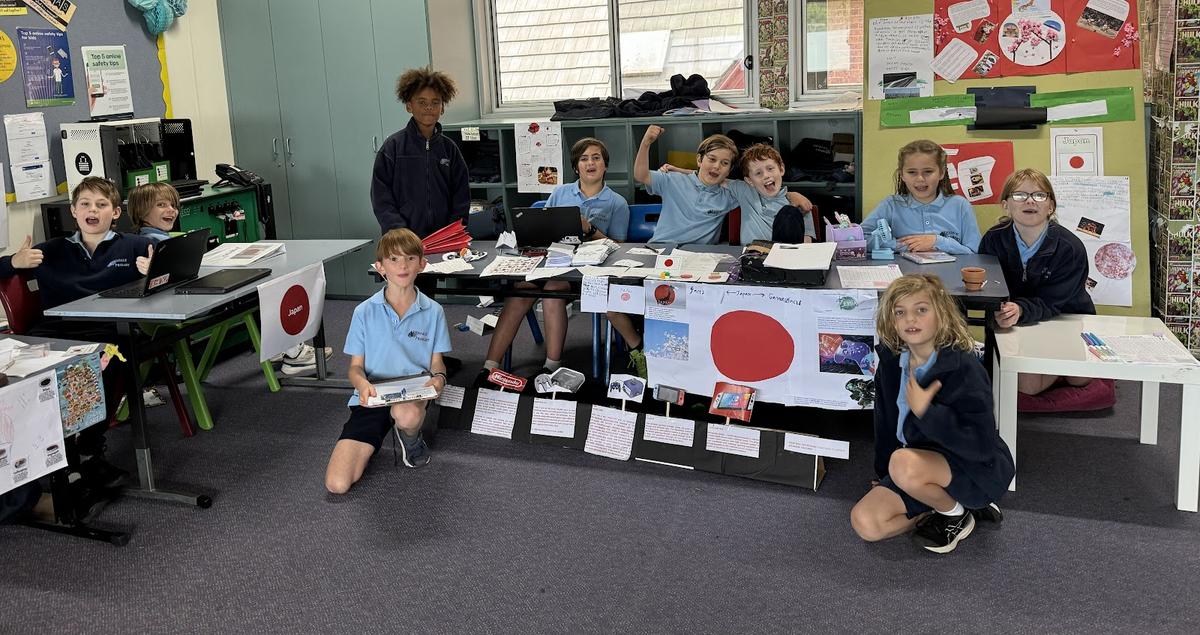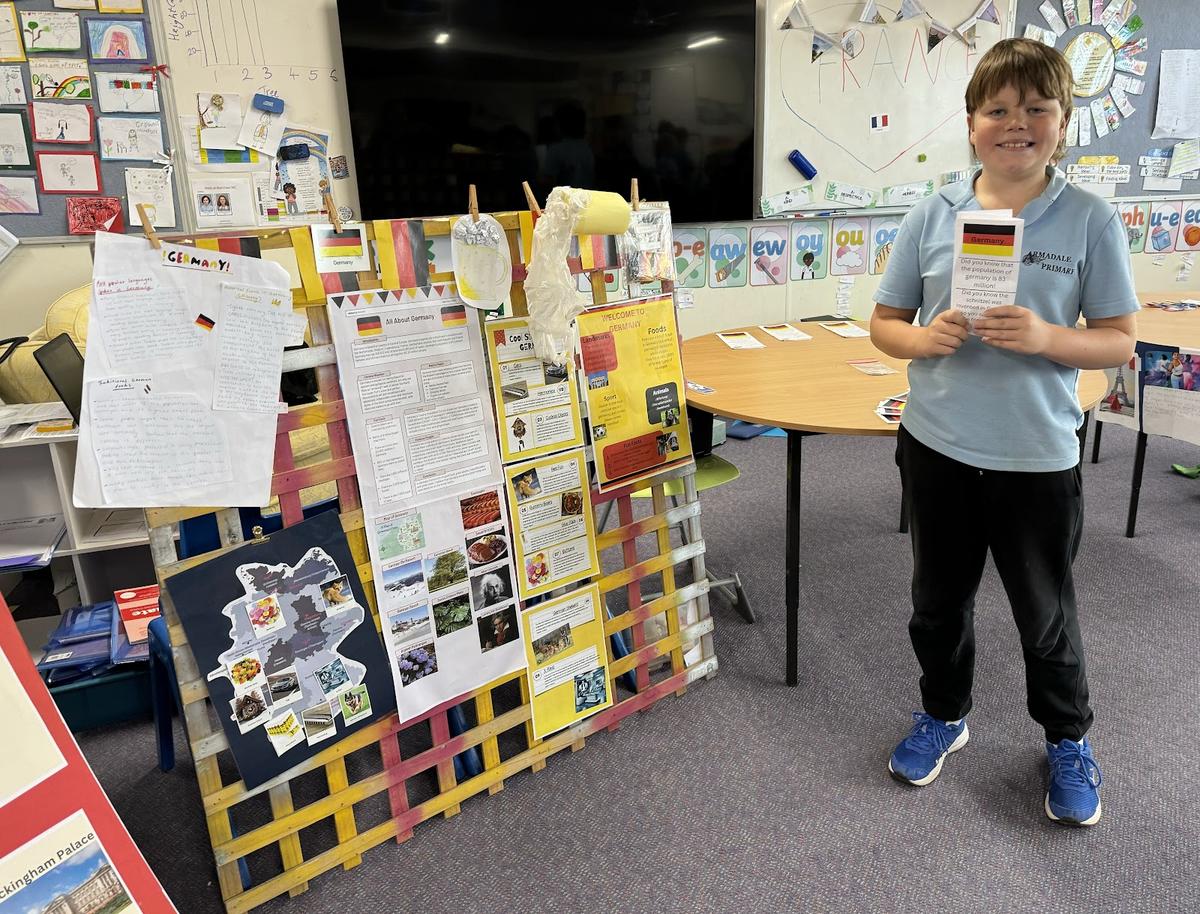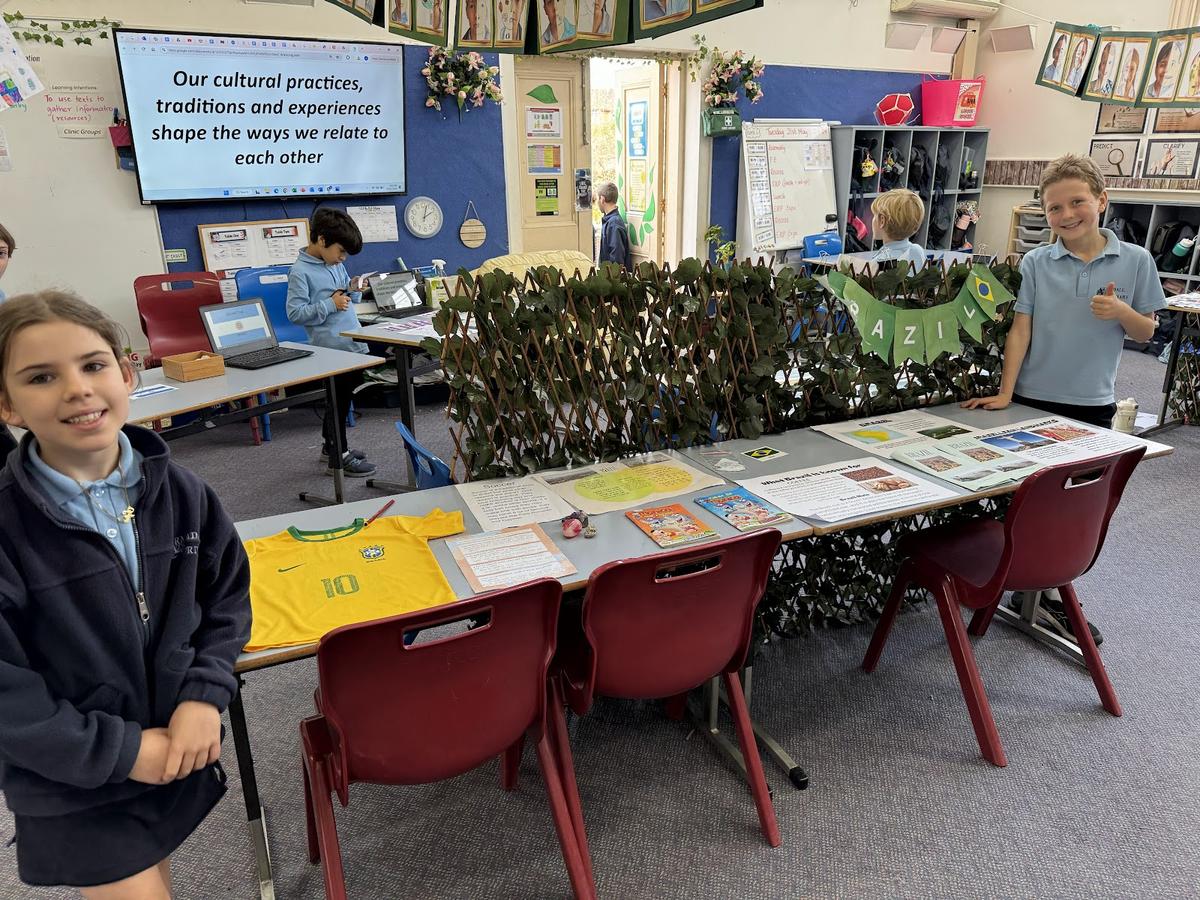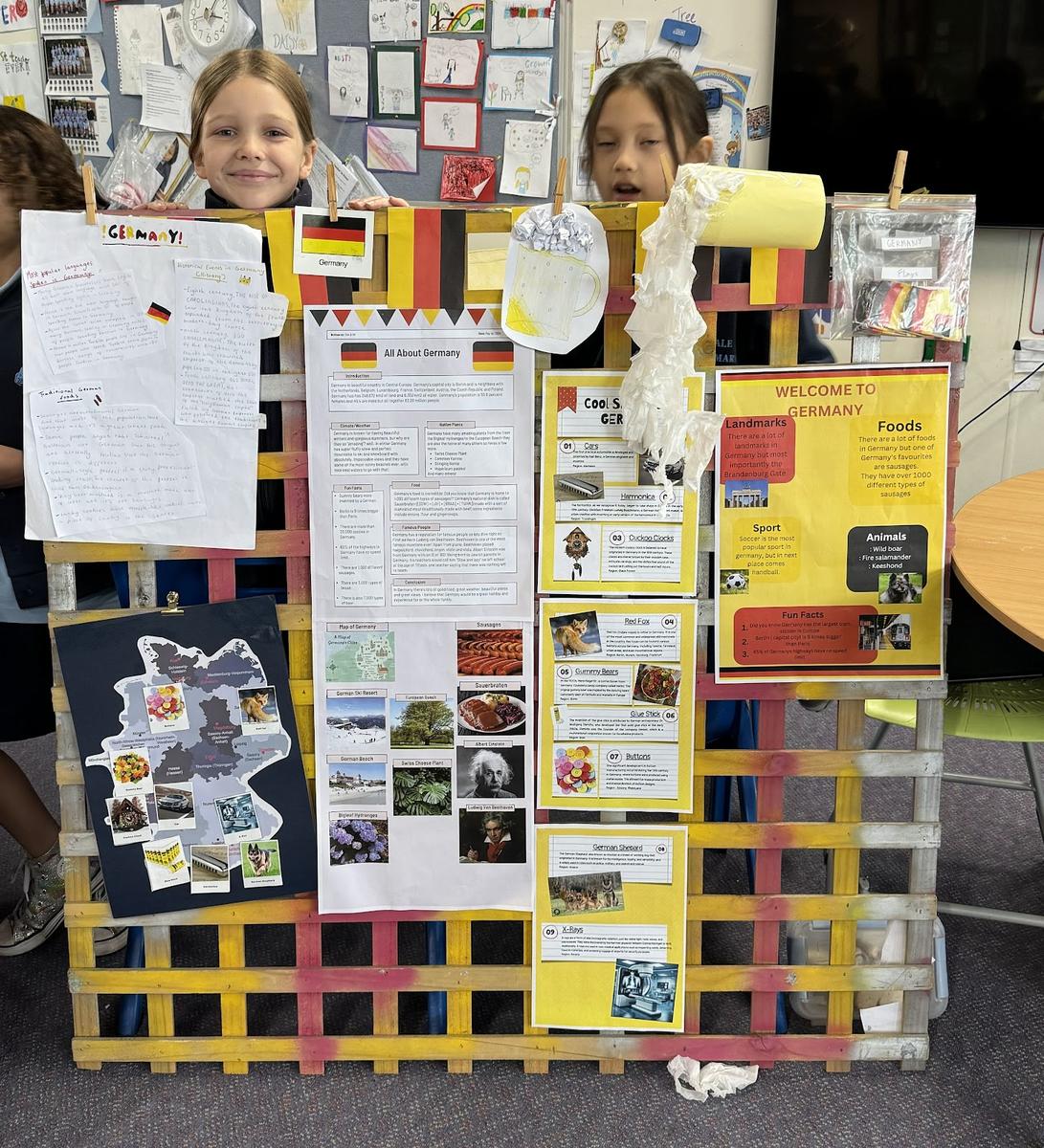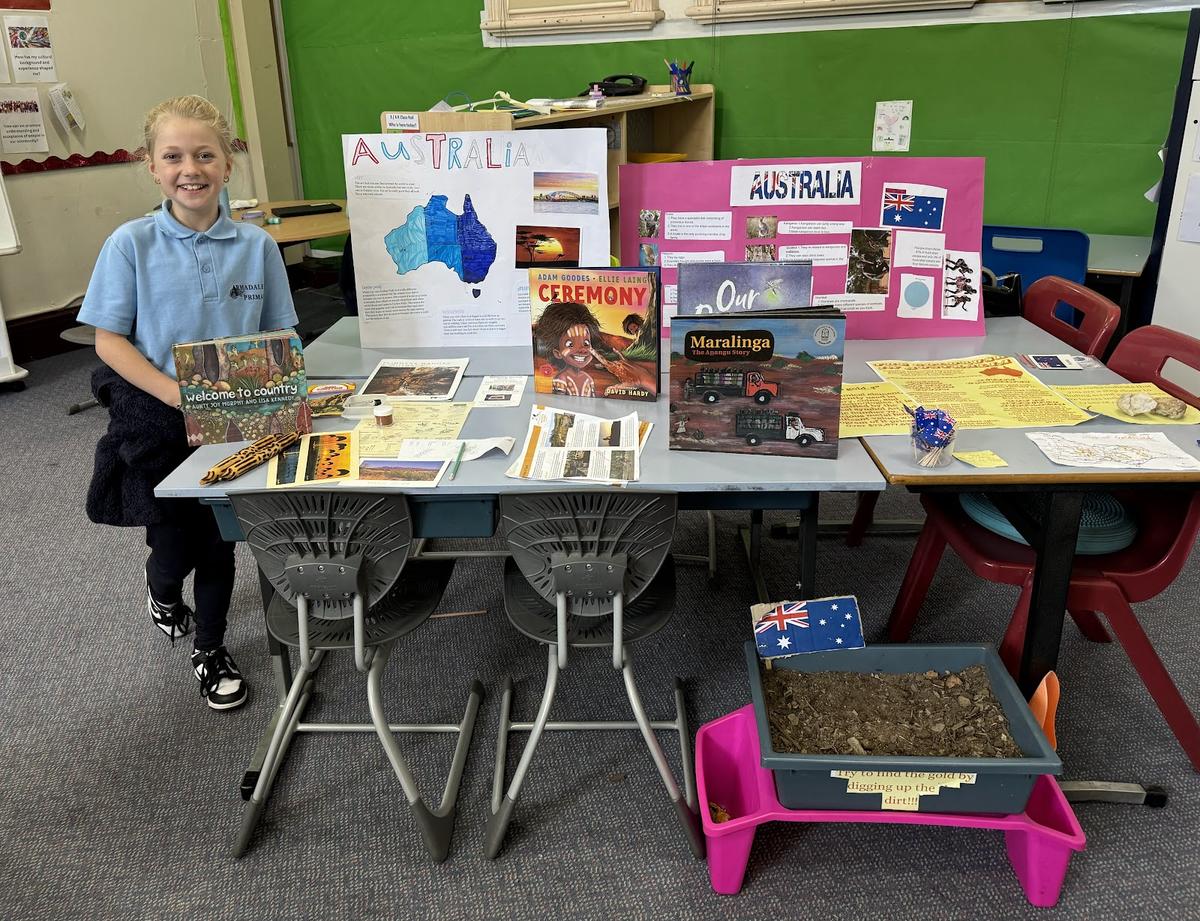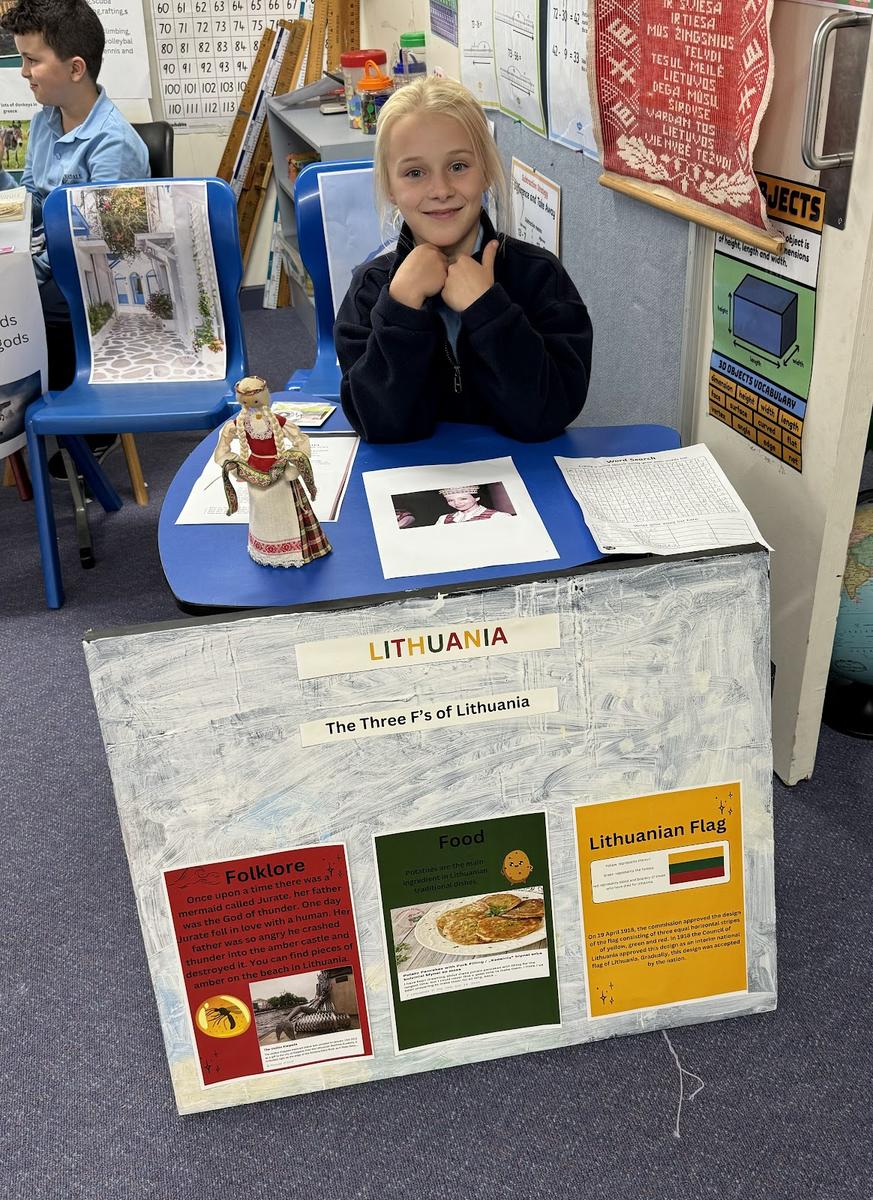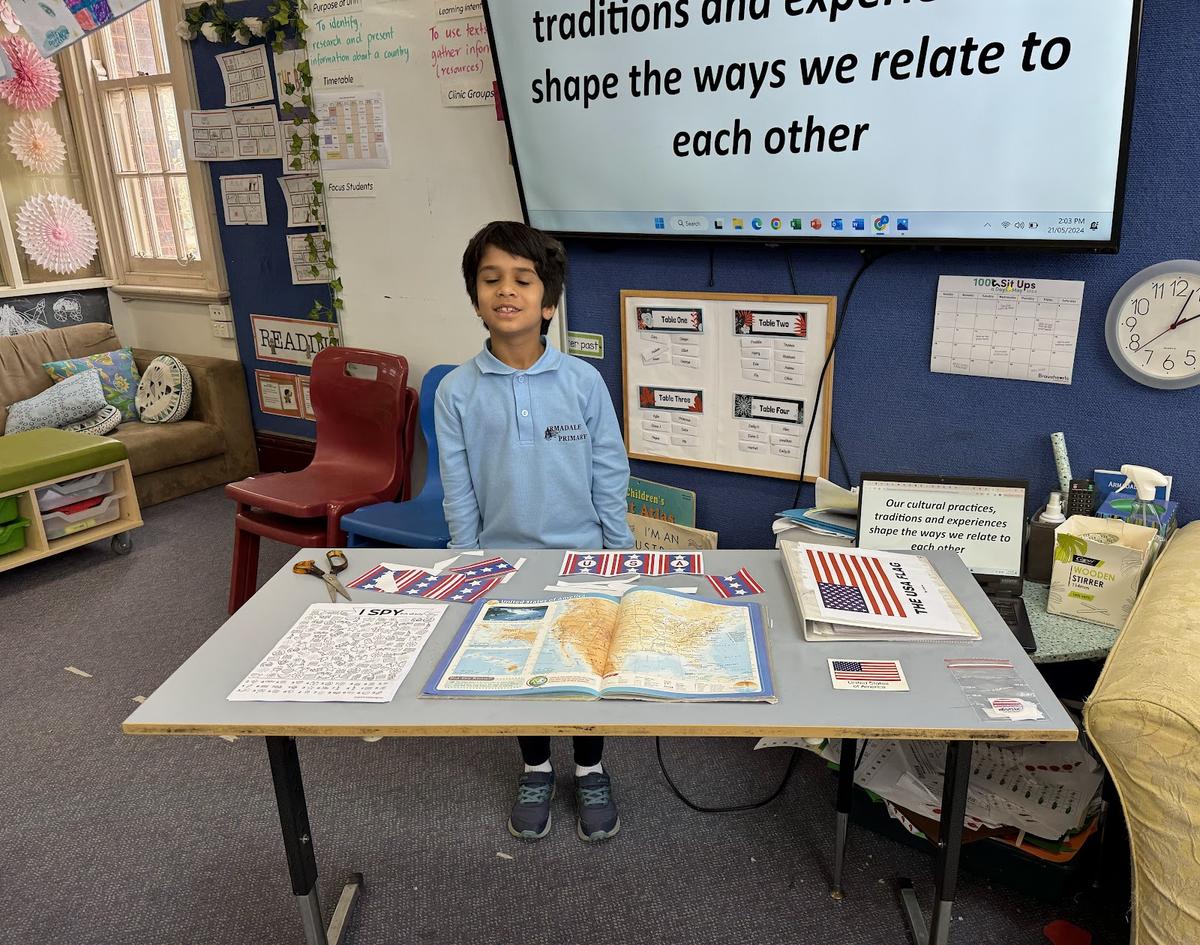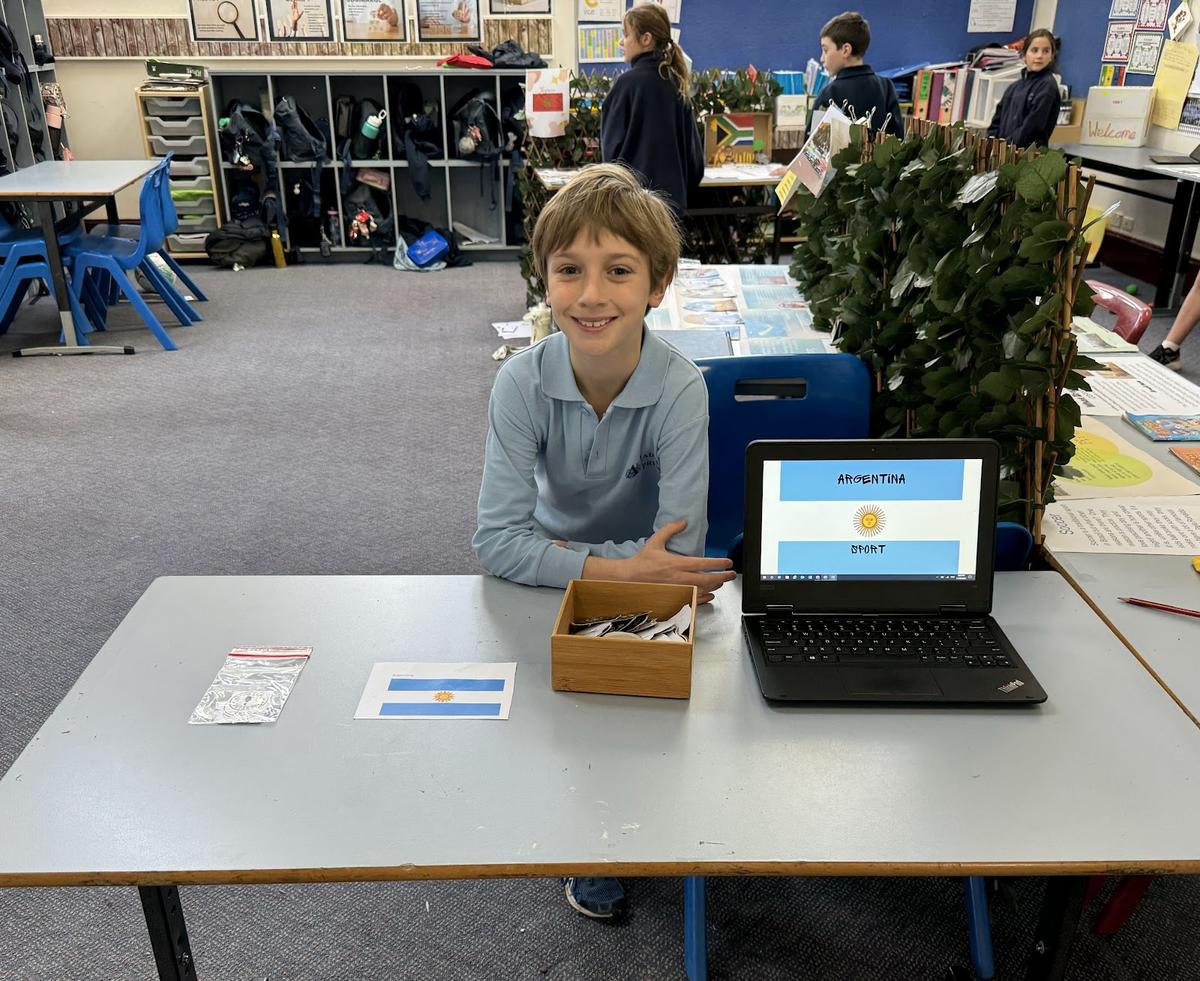Year 3/4 Bulletin
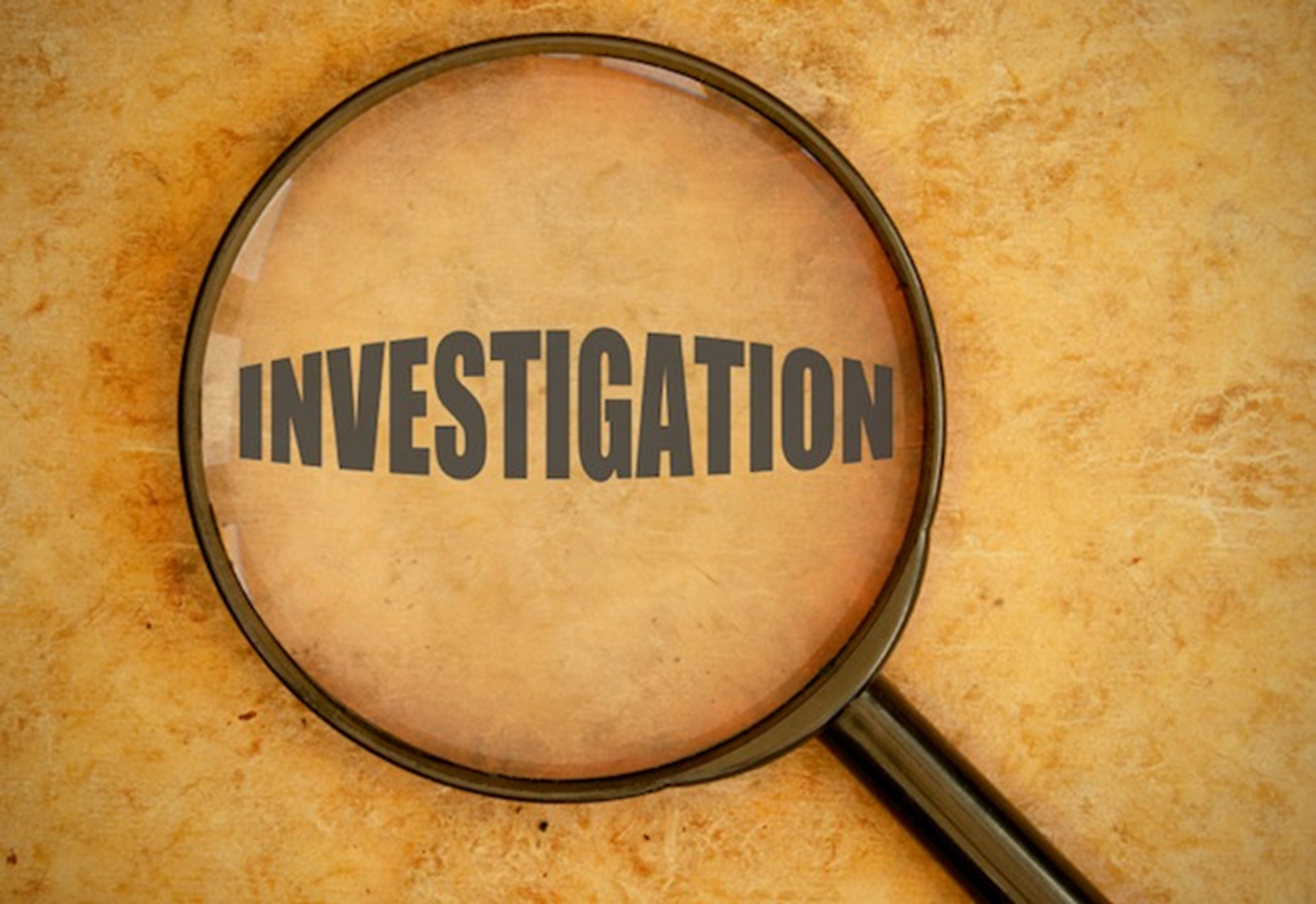
Educational Research Projects
Personalised learning is achieved through Education Research Projects (ERP). ERP’s link directly to what students are learning in class. The students choose a project following conferences held with the teacher and then complete a project proposal which sets out timelines, interests and specific goals the student is working towards, and how they will present their project. The project aims to authentically integrate the curriculum where subject areas are contextualised and personalised for each student.
Our Big Idea: Our cultural practices, traditions and experiences shape the ways we relate to each other
Driving Questions:
- What is my cultural background?
- How has my cultural background and experience shaped me?
- How can we promote understanding and acceptance of people in our community?
Task:
Children were given the opportunity to research a country and explore the people and their cultural practices.
The Educational Research Expo has helped to broaden the children’s global perspective and foster empathy and respect for cultural diversity, highlighting the interconnectedness of our world and fostering an appreciation for diversity while cultivating an inclusive mindset.
Thank you to the parents who attended and supported the children with our ERP Expo. The children loved sharing their research with you. They have learned many things about the country they chose. They have also learned through each other about other countries.
Each week, ERP sessions are twice a week for 50 minutes, as well as a third session with a “writing” or a “reading” focus. Initially, students are offered opportunities to pose “wonderings” surrounding their interests, within the lens of the Big Idea. From there, teachers support students in scaffolding other information and skills required in order to develop a narrowed topic.
Once the research process begins, lessons are structured as follows;
Whole:
This unpacks the learning intention with the children, highlights the focus of the lesson, and unpacks a specific skill that students will be learning.
Small:
Students work independently during this time. Throughout the session, students are pulled out to “conference” with the teacher, and assess where they are at in their ongoing learning or research projects. Opportunities to check in and pose questions are also offered during this time. Clinic Groups also take place during this time. This is an opportunity for students to teach others in areas they feel confident in. Students are not required to attend Clinic Groups, however the offering is present. More recently, Clinic Groups have been offered involving technology, internet connection, implementation of Canva, creating Kahoots,
Whole:
Either at the conclusion of the session or throughout, students’ learning is highlighted through the use of a summary or a check-in. We return to the learning intention and highlight examples of students’ demonstrating their learning. The focus children are also checked in with, and offered an opportunity to share their findings and unpack their next steps.
Communication Board:
Throughout our school, we use Classroom Screens to inform students about their upcoming ERP sessions. This lets students know of upcoming clinic groups, their learning intention, organisation, and where students need to go next in their learning. An example of a physical Communication Board is below;
Clinic Groups:
Clinic Groups are small pre-planned teaching groups where children’s learning is revised, supported or extended. These are visible on the Communication Board. Clinic·groups create opportunities to include all these aspects into the teaching and learning environment.
They are small group learning experiences where teachers and others can scaffold, revise, extend and support students in focusing on a specific skill or interest. Some clinic groups are based upon student interests; some are based on literacy and numeracy instruction; some are based on other specific skills or concepts the teacher requires the students to learn. Some clinic groups are compulsory (as set by the teacher) and others are optional.
The aim is for the clinic groups to be conducted by a variety of people such as teachers, students, other staff, parents and community members.
Allira, Mr Cornell and Roula
Year 3/4 Team
Allira.Zeneli@education.vic.gov.au

